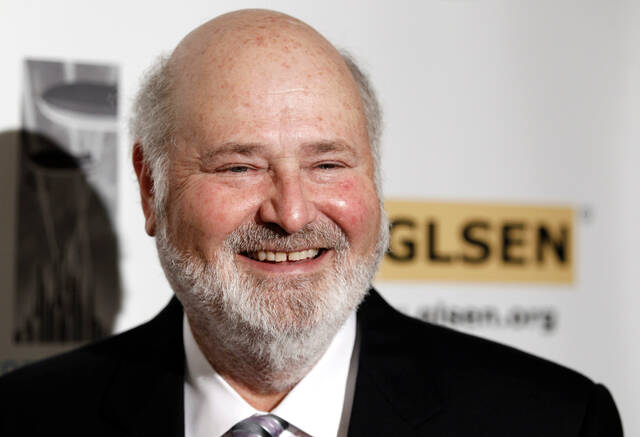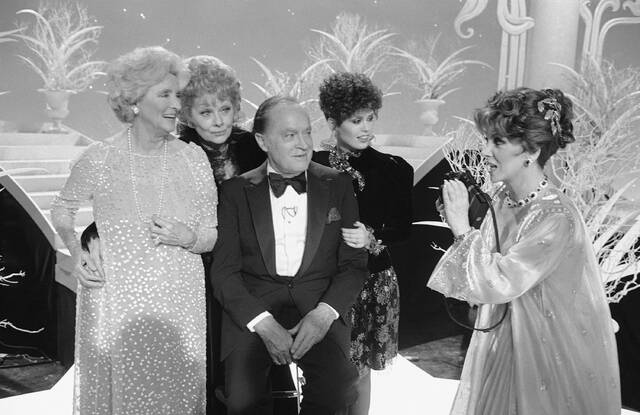The 20th century was known for some colossal figures in the sciences. One such figure is currently receiving a surge of interest: physicist J. Robert Oppenheimer, the father of the atomic bomb. That’s because of a major new film by Christopher Nolan. The film has opened old debates about Oppenheimer’s communist sympathies as well as the enduring question of the morality of making let alone using atomic weapons.
But for me, the Oppenheimer film brings back memories of Edward Teller, an Oppenheimer nemesis noted in the movie, and likewise a father of the bomb: the hydrogen bomb, the hell-bomb, the super-bomb. It was this summer 20 years ago that I had a fascinating encounter with Teller — on his deathbed.
It was July 15, 2003. I had come to interview Teller for research I was doing on Ronald Reagan and the Cold War. Teller had been a major influence on Reagan’s Strategic Defense Initiative (SDI).
When I arrived at Teller’s house in Palo Alto, Calif., I was shocked at the total lack of security around this man who had invented history’s most powerful weapon. I was even more shocked at his condition. I had come upon a dying man.
The 95-year-old was almost completely horizontal in a light blue recliner. He struggled to talk and even breathe normally. A bunch of books sat nearby. The closest one, which Teller was reading, was “Men Who Play God: The Story of the Hydrogen Bomb,” by Norman Ross, which fittingly, focused on men like Edward Teller. Above all, it was about Teller, being the father of the hydrogen bomb. And yet, Teller was hardly one to assume he was playing God because, given that he had lingering questions about the mere existence of God, which I was about to find out.
Amid a long discussion with Teller, which ranged from Ronald Reagan to Reykjavik, one subject kept returning: religion. Teller told me emphatically: “I strongly believe that I should not talk about things I don’t understand.” And yet, it was the subject that kept coming back up. It was the elephant in the living room.
So many topics of discussion prompted philosophical-celestial reflections. At one point, we somehow ended up talking about the complexity of a strand of DNA, which led to a dialogue about a possible Designer. When I later talked to Teller’s assistant, I told her about our religious probes, and alas, how they seemed to consistently hit a dead end. “He’s keeping it to himself,” she agreed. Until literally the very end.
That end came just a few weeks later, when Edward Teller died Sept. 9, 2003. To my knowledge, I was the last person to interview him.
There’s much I’ve reflected upon since that interview with Teller 20 years ago, but the one thing that keeps coming back to me is that human beings really are hardwired for God. Teller sensed it. Certainly in those final days.
Ultimately, this man who once unlocked the power of the universe in the atom — this man of whom it was alleged “played God” with the hydrogen bomb — laid alone in his bed waiting to one day meet his maker. It is the ultimate fate of each of us. And at some point, we will all know and understand. Including Edward Teller.








